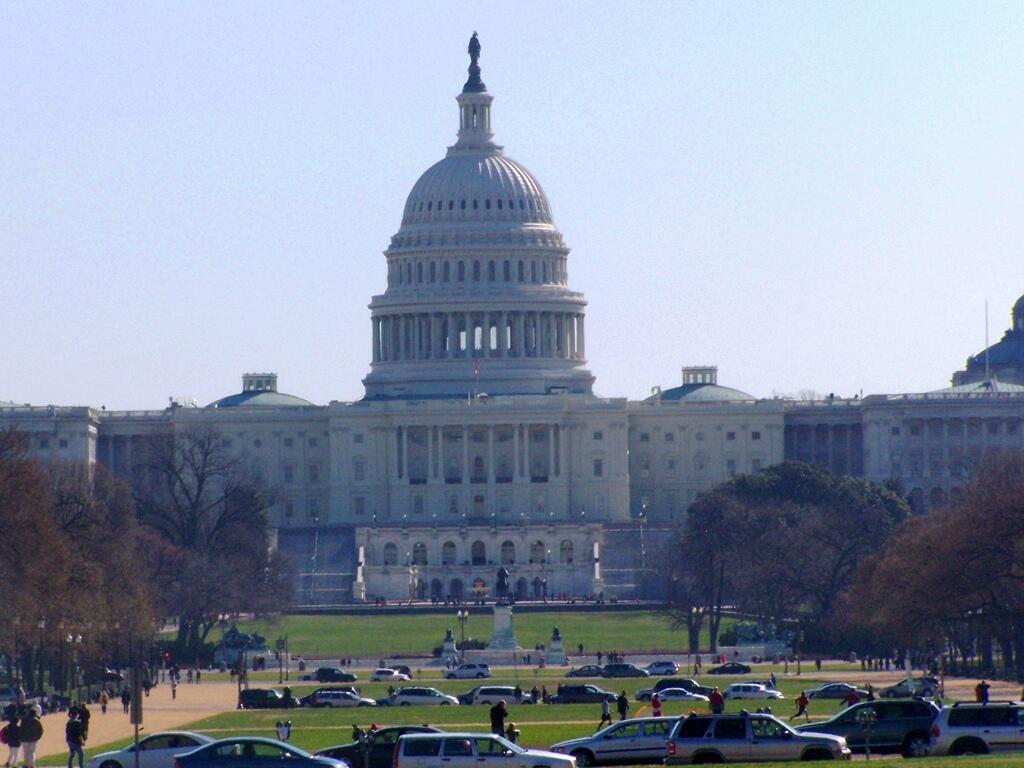- Different parties represent different segments of the population — differences in region, population density, gender, race, occupation
- Increases compromise on legislation, ensuring a variety of viewpoints are represented in final law.
- Stops or at least modifies bad laws that would screw one segment of the population to appease another segment of population’s ideological beliefs.
- Increases constitutional protections by allowing one party to raise constitutional questions related to their ideological beliefs.
- Allows one party to investigate the other party, increasing honesty in government.
Government
Who’s Making All Those Scam Calls? – The New York Times
A Brief History of Children Sent Through the Mail
One of the most overlooked, yet most significant innovations of the early 20th century might be the Post Office’s decision to start shipping large parcels and packages through the mail. While private delivery companies flourished during the 19th century, the Parcel Post dramatically expanded the reach of mail-order companies to America’s many rural communities, as well as the demand for their products. When the Post Office’s Parcel Post officially began on January 1, 1913, the new service suddenly allowed millions of Americans great access to all kinds of goods and services. But almost immediately, it had some unintended consequences as some parents tried to send their children through the mail.
“It got some headlines when it happened, probably because it was so cute,” United States Postal Service historian Jenny Lynch tells Smithsonian.com.
Just a few weeks after Parcel Post began, an Ohio couple named Jesse and Mathilda Beagle “mailed” their 8-month-old son James to his grandmother, who lived just a few miles away in Batavia. According to Lynch, Baby James was just shy of the 11-pound weight limit for packages sent via Parcel Post, and his “delivery” cost his parents only 15 cents in postage (although they did insure him for $50). The quirky story soon made newspapers, and for the next several years, similar stories would occasionally surface as other parents followed suit.
They probably are out to get you. 🚔
… They probably are out to get you. 
One of my friends was posting Facebook about their relatives who lives on a farm with lots of guns in Oregon worried that the Joe Biden administration was out to get him. Ask the anti-war protestors, immigrants or people of the Islamic faith, and they are likely share their fate in a recent era of the previous administrations — targets of political oppression.
Power can be devious thing. Very few politicians go around, rounding up their enemies, putting them in jail in mass. Instead, they use existing powers to punish those of the other party or ideology through what they claim is a campaign to make society safer, more moral or just. Politicians seek to enact new laws and aggressively use police powers against people who they don’t like. Who gets investigated and punished? Those out of power!
The central truth of political power, is that people seek political power to bully and harm others – namely minorities of all types that are out of power. While wrapped in the flag, patriotism, and doing the moral and just cause, most legislation is about praying on others for political gain. We must defeat the enemy, cheers the politician! While others have a more a positive view of politics, often wrapped in ideology, politics is mostly zero-sum game, where any political gain on one side is a loss for the other side. And usually, the looser aren’t the political class.
What is the solution? Competitive elections and a denouncing of politicians who engage in bullying by defending civil rights. The former President Trump was clearly labeled as a bully and evil, but many on the left engage and embrace many of his tactics. While President Biden hasn’t been as much as a bully so far, we should be watching him, and the Republicans should hold him accountable, denying them votes when he hurts the conservative communities they represent. Likewise, when Republicans take back the White House in future years, Democrats must be a guardians of our freedom. Grid lock is often best for protecting the minority rights, especially it means not taking steps backwards.
7 Harsh Truths That Will Improve Your Leadership Skills Overnight
NPR
How the Civil War Got Its Name | JSTOR Daily
What happened on January 6 at the US Capitol? Depending on who’s telling the tale, it was a “protest," “insurrection,"“riot," or, as commemorative shirts worn by some of the participants put it, “MAGA Civil War."Historian Gaines M. Foster writes that Americans once used a similar range of terms to describe what we now think of as the actual Civil War.
